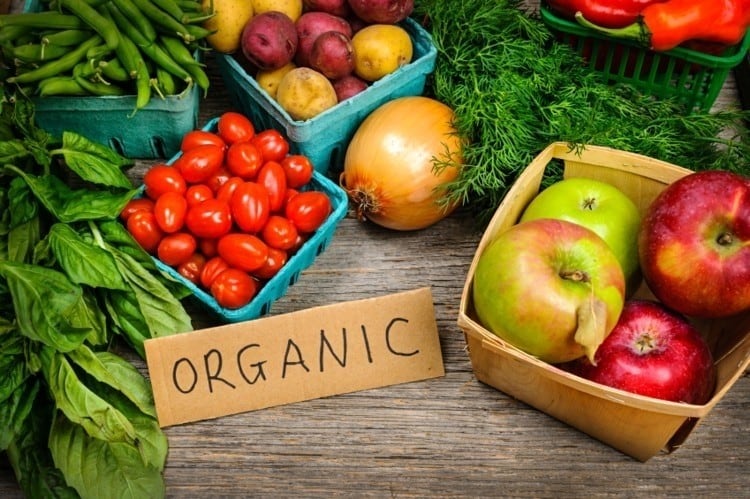Although the organic food market in Japan is still largely considered an emerging segment, the rise of the health and wellness trend in recent years has delivered a boost to the segment, which was valued at some US$1.8bn as of 2020.
With this rise has come an increase in interest from various international companies to break into Japan’s organic market, and a corresponding increase in organic food imports – this has in turn prompted the local government to implement more stringent regulations to govern the entry of this, as reflected in a recent announcement from the Ministry of Agriculture, Forestry and Fisheries (MAFF).
All companies that are importing organic food products from overseas must now assign a specified person-in-charge with the necessary knowledge, skills and training to be in charge of the receipt, storage and packing of the organic products.
“There are various areas of post-processing management of organic products [including] transportation, classification, preparation, packaging, storage and more [that need the oversight of a trained person] to ensure these remain organic,” MAFF stated via a formal announcement notice.
“This staff must have completed the necessary courses related to the receipt, storage and packaging of the imported items at workshops specified by the organic certification body, and will be the sole person responsible [for these organic-related matters].”
In addition, MAFF has also specified sizing parameters for the local organic certification label that needs to be attached to all organic products in Japan, namely the Organic Japanese Agricultural Standards (JAS).
“The height of the label must be 5mm or larger, and the length must be twice as long as the height,” stated the specifications document.
“In addition, the wording ‘JAS’ must be included [at the specified sizing] according to the size of the label, and the wording 認証機関名(Certification Authority) must be in the same size as the JAS wording.
“Importantly, this label must be attached to a conspicuous location on every container or package [containing organic food products but] no items that could mislead general consumers about the contents of the JAS with regard to grading shall be displayed.”
Organic awareness in Japan
The Japanese government has been a great proponent of the organic sector and pushing for the growth of local demand, launching platforms such as ‘Japanese Organic Supporters’ targeted at organic businesses to help with raising awareness and demand.
However, studies have shown that Japanese consumer awareness about organic and the organic certification remains low in the country despite the rising demand – a Statista report from 2021 showed that just 18.5% of Japanese know about the Organic JAS logo and what it means.
A whopping 38.4% have seen the logo before but ‘did not know the meaning of it’, 9.7% thought that even food products without the logo could be organic if just labelled as such, and 33.5% claimed zero knowledge about the existence of this logo and the necessity for certification – likely one of the reasons the government is attempting to include this logo on all organic food imports moving forward.




